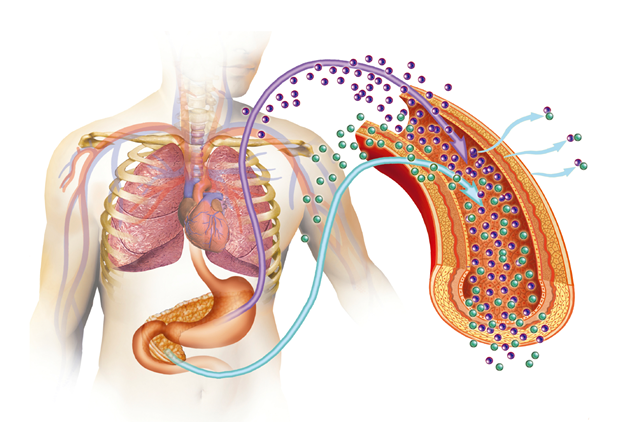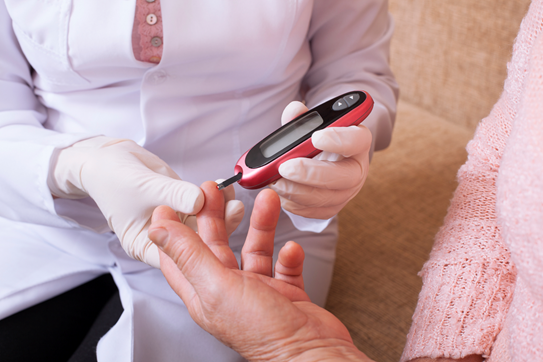
The Eagle Biosciences MedFrontier FGF23 (Human Intact FGF23) CLEIA ELISA Assay was used in a recently published study looking at the association between FGF23 levels and major adverse cardiovascular events (MACE) and mortality in patients with type 2 diabetes and normal or mildly impaired kidney function.
FGF23 is an endocrine hormone involved in vitamin D metabolism and phosphorous level regulation. Previous studies have shown a link between insulin resistance and an increase in FGF23, which researchers believe affects renal phosphorous handling and leads to a higher risk of MACE.
The study did find evidence of a connection with FGF23 levels and an increased risk of MACE or mortality in participating patients.
Read more about this study here.
Contact us for more information about this kit.
Study Citation:
Fibroblast Growth Factor 23 and Mortality in Patients With Type 2 Diabetes and Normal or Mildly Impaired Kidney Function
Stanley M.H. Yeung, S. Heleen Binnenmars, Christina M. Gant, Gerjan Navis, Ron T. Gansevoort, Stephan J.L. Bakker, Martin H. de Borst, Gozewijn D. Laverman
Diabetes Care Sep 2019, dc190528; DOI: 10.2337/dc19-0528



